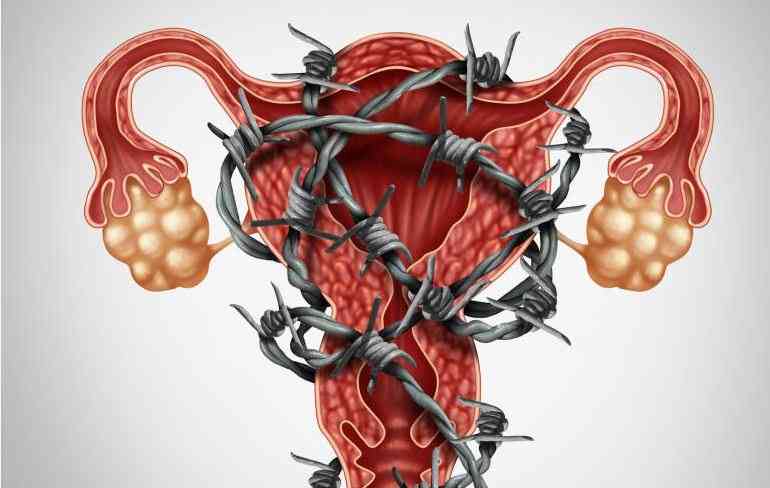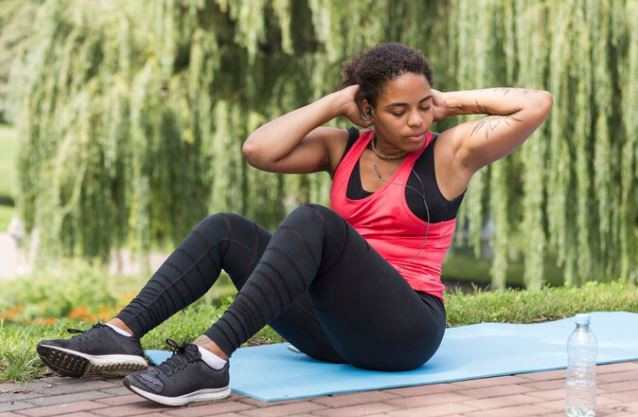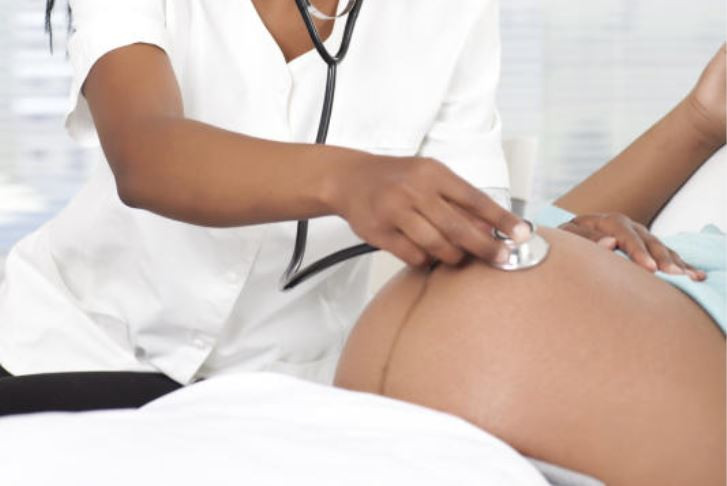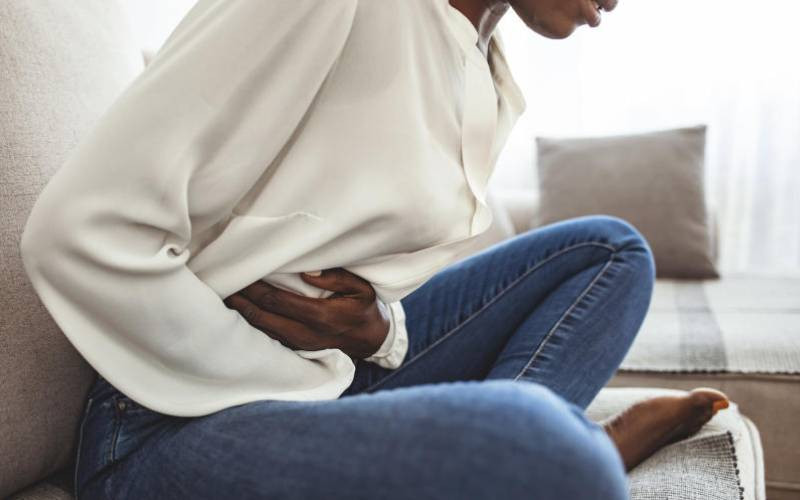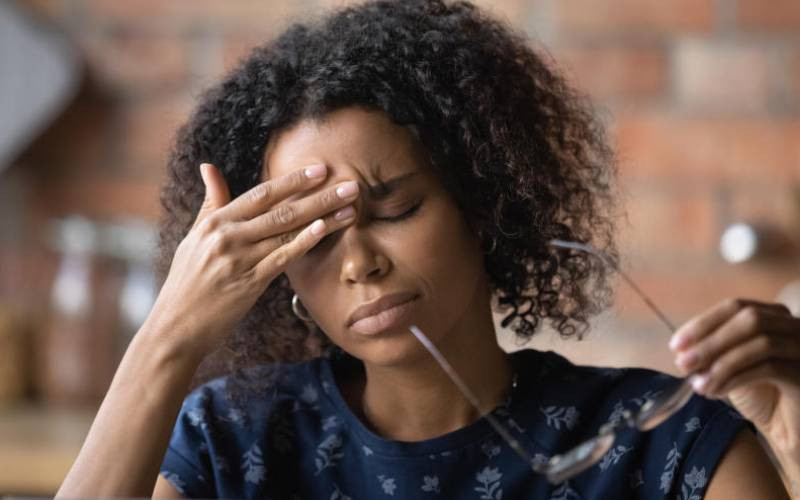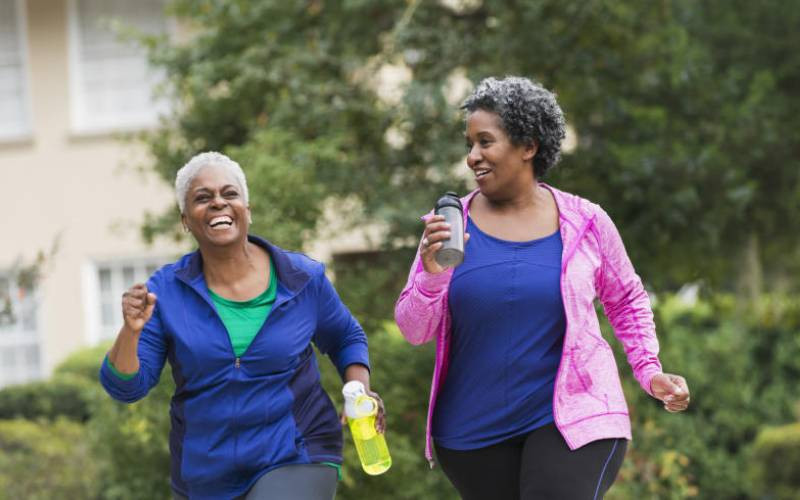
Several parts of the country are experiencing high temperatures. The meteorological department has said that this is a seasonal phenomenon. However, those conscious of climate change will think differently.
From a health point of view, excessively hot weather can be linked with several diseases, which could be fatal at the extreme.
Heat-related illnesses occur when the body fails to acclimatize to hot weather. Excessive sweating occurs to cool the body, causing dehydration and loss of vital body salts. If the body's thermostat fails, the body cannot be cooled anymore, and the temperature rises rapidly to dangerous levels.
An overheated body must be cooled pretty quickly, otherwise, brain damage and death may occur, the so-called heat stroke.
The elderly and children are very vulnerable to excessive heat. Children have a higher body surface area than adults. Their bodies tend to heat much faster when temperatures are high, coupled with dehydration.
The elderly are faced with age-related altered physiological responses, making them extremely prone to rapid dehydration and stroke. Nevertheless, everyone is at risk of heat-related illnesses when appropriate precautions and remedial measures are not promptly instituted.
If you are getting excessively hot, your body will give you warning signals. Excessive sweating is an early sign that the body is trying to cool itself. As the body's heat builds up and you sweat more, dehydration sets in and you start getting lethargic and irritable.
Eventually, physiological protective mechanisms start to fail. If remedial measures are not taken quickly, your organs will fail pretty fast, culminating in a comatose and fatal state.
- Sitting for hours linked to early death - exercise incapable of reversing effects
- A knock on the door saved my life: Woman narrates her fears after HIV diagnosis
- Adolescents living with HIV asked to take treatment
- Feeling burned out? Recognize signs and recharge with these simple tips
Keep Reading
You must act appropriately to help your body cope with excessively hot temperatures. The first thing is to limit unnecessary exposure to heat. Find a shade if outdoors. Keep your house or office well aerated with open windows and air conditioning if available.
Stay well hydrated with mostly plain water and limited carbonated drinks. Caffeinated drinks and alcohol will not do you much good, they are more likely to worsen your dehydration. Eat light foods and dress light as well, without unnecessarily over-exposing your flesh to scorching heat which may predispose you to sunburns.
If taking care of the sick, the elderly or children, be very mindful of their overall status in hot spells. Make sure they stay in a cool place and keenly watch their hydration. If anyone exposed to excessive heat becomes disoriented or unconscious, this must be treated as a medical emergency.
In such situations, you must initiate first aid measures whilst making concurrent emergency plans for transfer to the nearest healthcare facility.
 The Standard Group Plc is a multi-media organization with investments in media platforms spanning newspaper print
operations, television, radio broadcasting, digital and online services. The Standard Group is recognized as a
leading multi-media house in Kenya with a key influence in matters of national and international interest.
The Standard Group Plc is a multi-media organization with investments in media platforms spanning newspaper print
operations, television, radio broadcasting, digital and online services. The Standard Group is recognized as a
leading multi-media house in Kenya with a key influence in matters of national and international interest.

